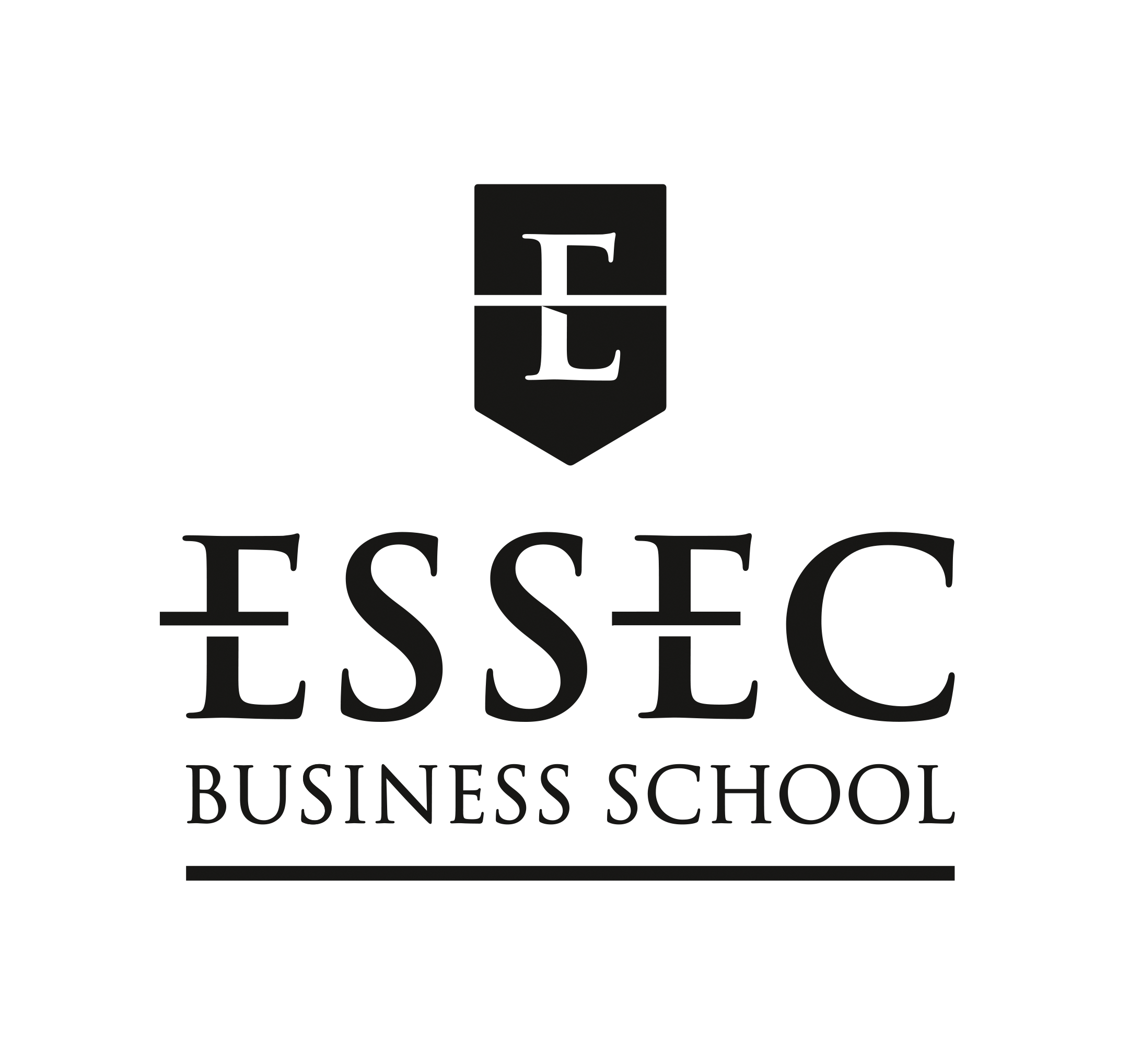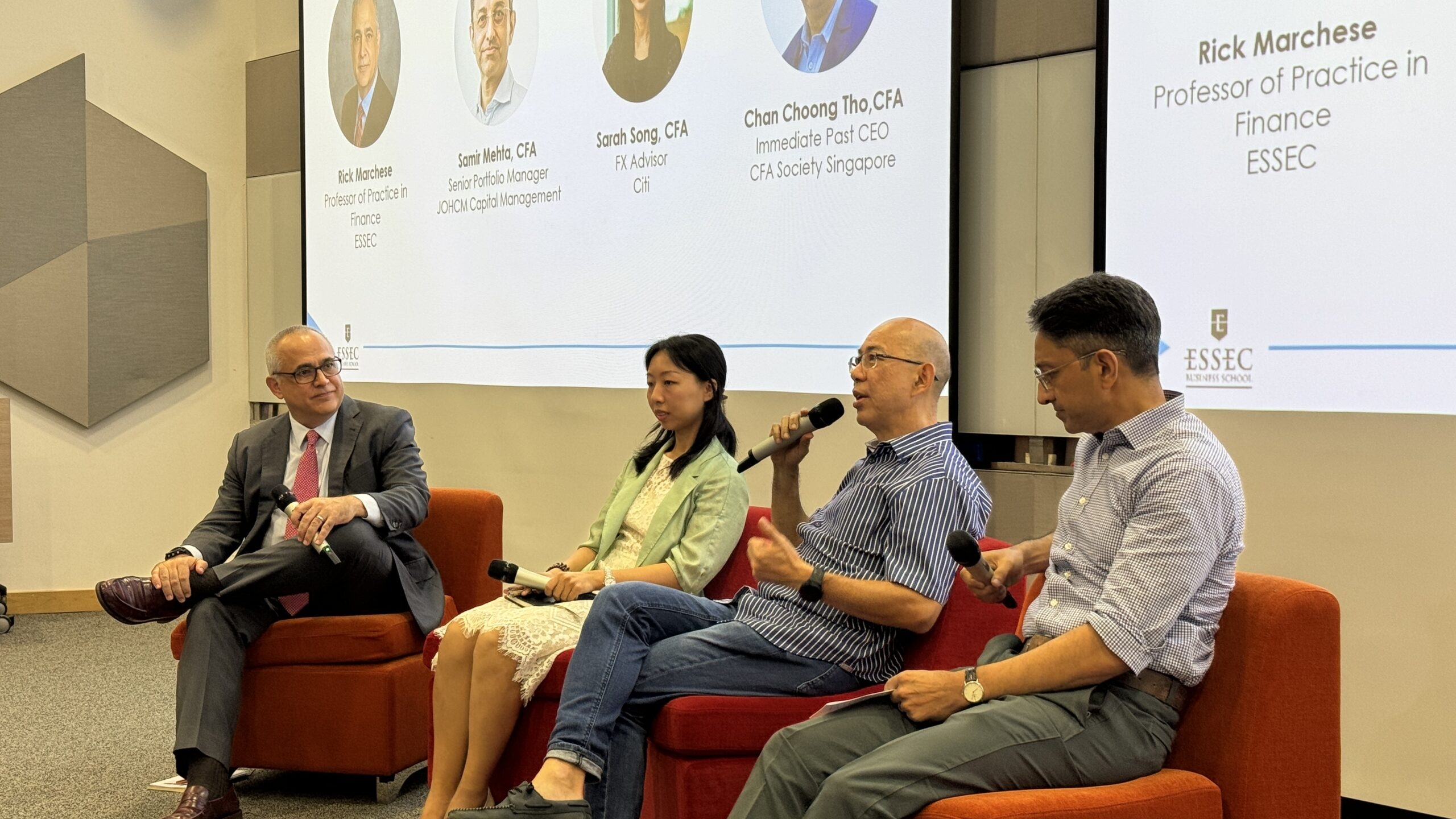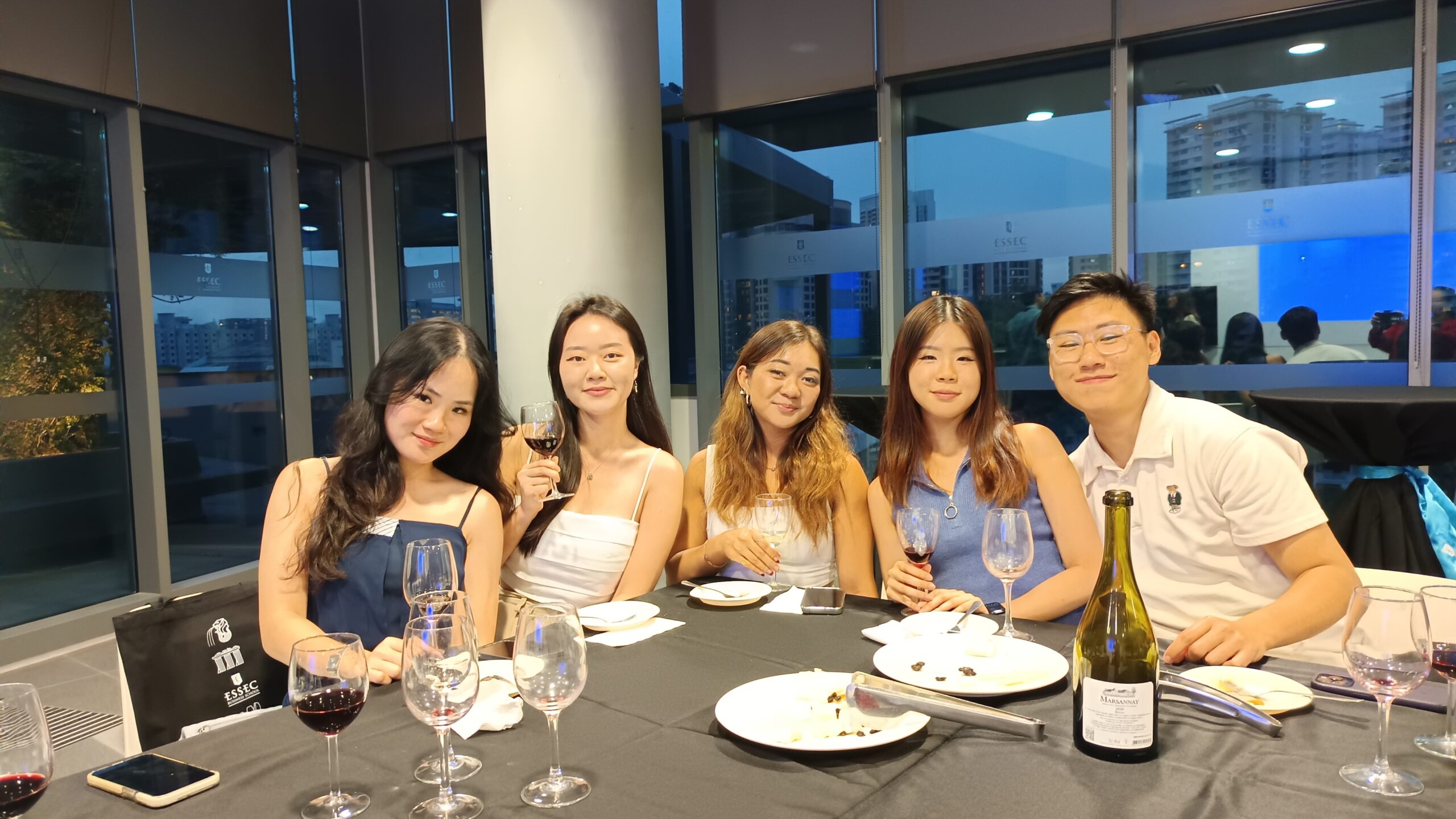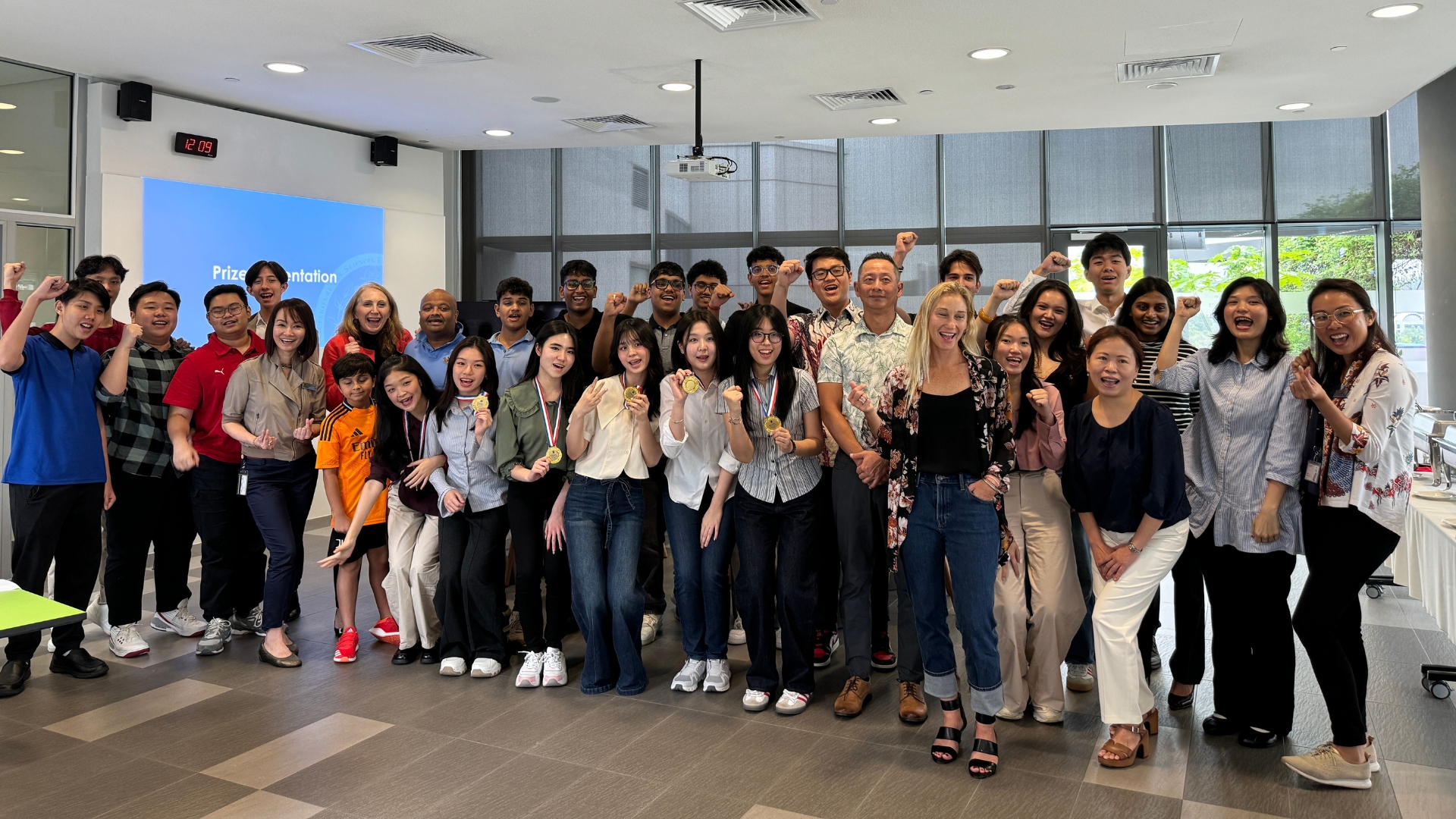One only needs to look at the 2017 Hurricane Irma’s impact on the Caribbean islands to understand the devastating consequences that climate change can have on small island states. Yet, at the 2021 United Nations climate change conference (COP26), the call for funding of activities that address the loss and damage that affect these states the most remained as mere dialogue.
This, experts say, is one of the reasons COP26—once touted as a watershed moment in the war against climate change—turned into a “compromise event”.
In an impassioned keynote address, Riad Meddeb, Director a.i. of UNDP Global Centre for Technology, Innovation and Sustainable Development, highlighted the importance of taking action..
“Planetary imbalances and social imbalances exacerbate one another… and climate change is a dangerous planetary change that will make it worse,” he emphasized. With examples from the raging COVID-19 pandemic, he reminded the audience of how our lives are irrevocably linked with nature, and urged for greater ambition, commitment, cooperation and inclusivity in the quest for a greener planet.
Facing Up to the Tough Climate Questions
Meddeb was speaking at the 5th edition of the ESSEC-Capgemini Invent Annual Roundtable alongside experts from other non-governmental organizations, energy, and retail and consumer goods sectors.
The annual ESSEC-Capgemini Invent Roundtable is part of the Asian Strategy Consulting Project (ASCP) offered to ESSEC Asia-Pacific Master in Management students.
As a long-standing strategic partnership of ESSEC and Capgemini Invent, the ASCP, first started in 2010, has seen 140 Capgemini Invent coaches mentor over 295 ESSEC alumni in the development of over 60 projects from more than 50 companies in 10 fast-growing Asian countries.
Aligned with the recent conversations on sustainability, the ASCP has become affiliated with the newly launched ESSEC Ecological Transition chair—a specialized track for students to explore the field with BNP Paribas and Capgemini Group.
The annual roundtable wrapping up the three-month project, too, has turned its focus to sustainability, calling upon experts to discuss the hard questions about a greener future.
In 2021, this meant tackling the question at the top of our minds, COP26: What next?
Glimmers of Hope on the Horizon
Mixed feelings about the Glasgow Climate Pact aside, many in the panel, moderated by André-Benoît de Jaegere, Vice President of Innovation & Strategy at Capgemini Invent France, saw hope for the planet.
After all, sentiments have changed on the ground, and consumers in Asia now measure up with the rest of the world in their desire to purchase more “consciously”, Senior Director, People & Organization Transformation for Consumer Product & Retail sector at Capgemini Invent, Christine Chanier, shared.
“But we can’t put all the burden on consumers—the consumer products and retail companies have a huge part to play too,” she added, noting that organizations, too, must continue to step up existing efforts to recycle, reduce waste and eliminate plastic bag usage.
The Rocky Road from Pledges to Impact
Continuing the discussion on the way forward, Stefanie Beitien, Head of Market Transformation at WWF Singapore, cautioned against seeing carbon credits as a silver bullet. Instead, she reminded the audience of the importance of following a clear mitigating hierarchy, reducing emissions in the first place and putting a proper price tag on carbon— as well as the need to continue developing proper climate solutions.
Noting that the companies in Asia are all at different stages of their sustainability journey and “there is still a lot of confusion around net-zero and carbon neutrality”, Beitien also advocated for more education on the business case for sustainability, and shared WWF’s commitment to support businesses through capacity-building workshops, webinars and one-to-one consultations.
Schneider Electric, having been recognized as the world’s most sustainable company in 2021 by Corporate Knights Global 100 Index, is a great example that implementing a comprehensive sustainable strategy is a competitive advantage, Sébastien Dufour, Global Performance & Sales Excellence Leader, Oil & Gas Market for Schneider Electric and ESSEC alumnus chimed in.
Dufour took to the stage with the argument that “access to energy and digitization is a basic human right”.
A greener future, to him, is therefore more electrical, more digital and more efficient. He noted that while green hydrogen, carbon capture and direct air capture are making headlines, most of the technologies needed to decarbonize the economy actually already exists. The need now is for it to be applied into three directions: In electrifying the processes and energy usage, decarbonizing the electricity supply and stepping up to a higher level of efficiency.
No Panaceas, But Partnerships
That said, Professor Bernard Leca, Professeur Titulaire, Chaire ESSEC Talents de la Transition Écologique, reinforced the need to prioritize efficiency rather than counting on future technological development.
Candidly, he pointed out that: “A joke in this industry is that whenever you ask people when they will be ready for nuclear fusion, the answer will always be ‘within 30 years’”.
“My concern is that over reliance on those technological loops might defer taking action,” he elaborated, adding that the key is to work together, and start now.
“It’s a tall order, especially given how stakeholders are often in conflict, but this is where business schools like ESSEC come in”, he said. “By training students so they are ready to dialogue with every stakeholder to elaborate new solutions and do what we have not in the past.”
Because as Prof Arijit Chatterjee, Associate Professor, Management Department at ESSEC and Academic Director of the Asian Strategy Consulting Project, put it: “Climate change is one of those monsters that has multiple causes. All of us are stakeholders here, and between the monologue and the cacophony, there has to be some kind of directional effort.”
At ESSEC Asia-Pacific, this effort begins with the ASCP—a training ground for students to overcome pessimism or fear of the unknown, so they may be empowered to see the difference that they each can make for the better of our world.
Revisit the first part of the series to learn more about the theme of the 2021 ASCP and the second part on students’ work in the project.
RELATED POSTS
A Morning with the Seniors at FaithActs
On 11 April 2025, ESSEC APAC hosted a heartwarming intergenerational event with 35 seniors, featuring yoga, karaoke, and activities led by our SMIB…
Celebrating Earth Day 2025!
ESSEC APAC celebrated Earth Day 2025 with a range of sustainable initiatives, including a volunteering event with FaithActs, a clothing swap, and a…
2025 Lunar New Year Professional Development: Empowering Student Ambassadors
ESSEC Asia-Pacific student ambassadors kick off the Year of the Snake with professional digital marketing training and cultural celebrations,…
ESSEC Asia-Pacific Charts New Territory with Inaugural Finance Symposium
ESSEC APAC launches comprehensive finance symposium in Singapore, drawing over 100 participants for in-depth exploration of private equity, venture…
Wine & Digital Wisdom: ESSEC APAC Blends Marketing Insights with Networking
Combining digital marketing masterclass with a wine appreciation session, the evening offered prospective students a taste of innovative learning…
Case Competition 2024 Champions
ESSEC APAC celebrated the winners of the 2024 Case Competition for High School Future Leaders and announced the competition was shortlisted for the…
